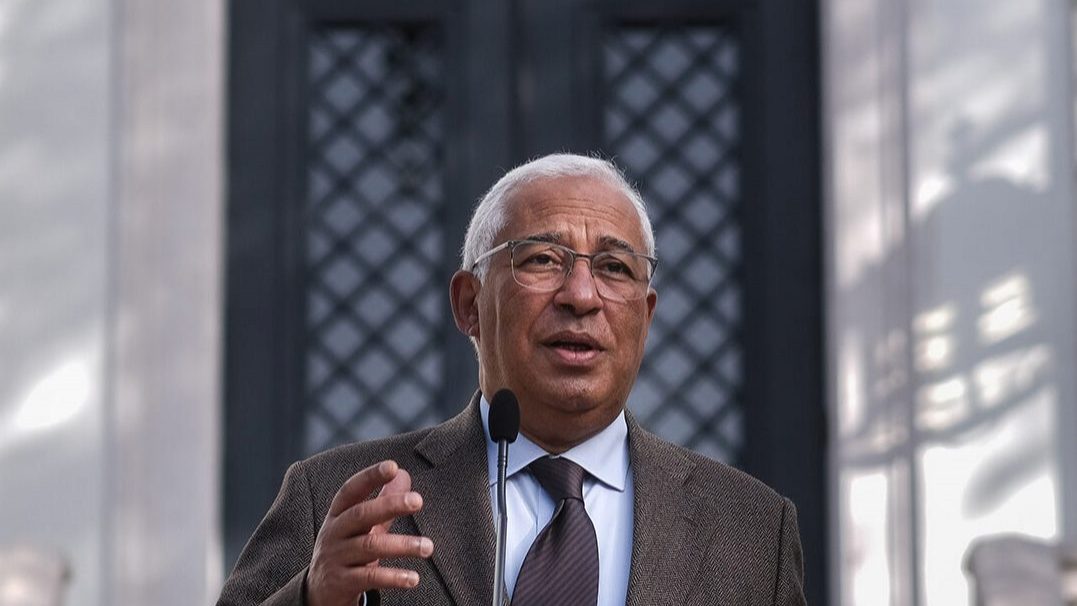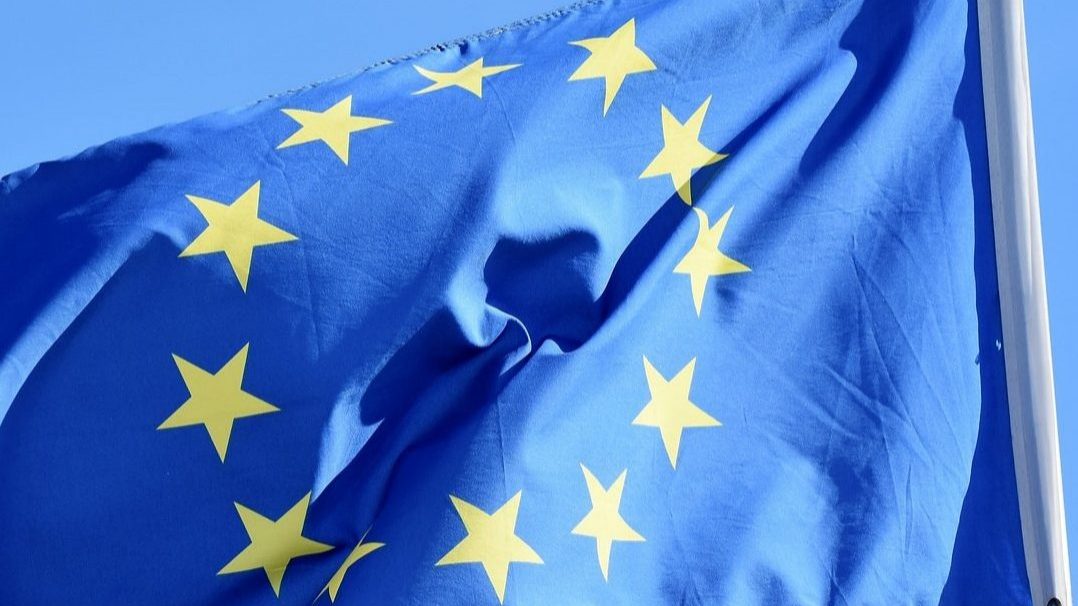Socialists want EU agreement on taxation of excessive energy profits
The Portuguese Socialist Party (PS) did not rule out stepping up measures to combat abusive profits in the area of taxation.
The parliamentary leader of the Portuguese Socialist Party (PS) did not rule out stepping up measures to combat abusive profits in the area of taxation but considered it essential that this solution should be agreed in the European Union so as not to leave Portugal at a “disadvantage”.
This position on the possible taxation of extraordinary profits of companies in a situation of high inflation was transmitted by Eurico Brilhante Dias, after having visited two companies in the district of Leiria, within the scope of the Parliamentary Seminars of the PS.
“We have not eliminated any solution,” said the chairman of the PS Parliamentary Group, after having argued that the government had already taken measures in the area of energy to try to eliminate abusive profits.
In his statements to journalists, Eurico Brilhante Dias noted that the government has said it “will look at the application by other countries to analyse their effectiveness” and noted that Italy, one of the first to move forward, “has already reviewed its mechanism for combating abusive profits”.
“We must remain vigilant always seeking that the solution is as concerted as possible in the framework of the European Union so as not to create for Portugal a disadvantage that others do not want to adopt,” he warned.
The leader of the Socialist group stressed that “there is no social justice without fiscal justice”.
“But we cannot penalise only the Portuguese. We have to do this in a balanced way, not eliminating from the outset any solution, either in the fiscal dimension, or in the dimension of direct intervention in the markets”, he stressed.
In front of journalists, the leader of the socialist bench argued that there is agreement around the idea that “there is no social justice without fiscal justice”, stressing that “there may be different approaches” in the way to achieve this goal.
“There is an approach that some countries – a few – have adopted with a fiscal dimension, not of a tax, which normally has an associated service, but of an additional tax. And there are those who argue that there are other instruments to eliminate abusive profits – profits generated by this circumstance [of high inflation] and which are abnormal when the vast majority of Portuguese suffer with inflation,” he said.
In the case of energy, according to the former secretary of state, the government has already acted on two fronts in gas and electricity.
“In electricity, it acted with the mechanism of decoupling the price of gas and electricity. When it did this separation, it allowed a reduction of between 15 and 17 percent of the price of electricity, which crushed and consumed a substantive part of profits that would not be reasonable on the part of those who sell electricity,” he said.
In the case of gas, from the PS bench leader’s perspective, the transition from the free market to the regulated market was facilitated.
“The government, by eliminating the restriction on consumers switching from the free to the regulated market, has crushed and put an end to abusive profits in the gas sector,” he said.
In other words, according to Eurico Brilhante Dias, it followed “a non-fiscal approach, but one that is nonetheless strong in eliminating abusive profits.”
This morning, the chairman of the PS Parliamentary Group visited two companies in the Leiria region that already have investment projects approved under the Recovery and Resilience Plan (RRP – the EU bazooka fund), specifically under the “Mobilising Agendas” programme.
Eurico Brilhante Dias highlighted two themes in these parliamentary seminars: Modernisation and business competitiveness and the protection of forests.
“This is a district with great diversity, with forests, fishing activity and a very robust business sector, which contributes with over 2.5 billion euros in exports of goods,” he said.
Speaking to journalists in Marinha Grande, at the end of a visit to the moulds company Vangest, with projects in the area of sustainable packaging, the leader of the PS bench pointed out that the deputy secretary-general of his party, João Torres, was with a group of MPs on a visit to forestry operators in the north of Leiria district.
“The aim is to learn more about the situation of the forestry sector, in a district that was once again severely affected by fires this year. We cannot forget that this is the terrible district of the fires of Pedrógão Grande,” he stressed.


